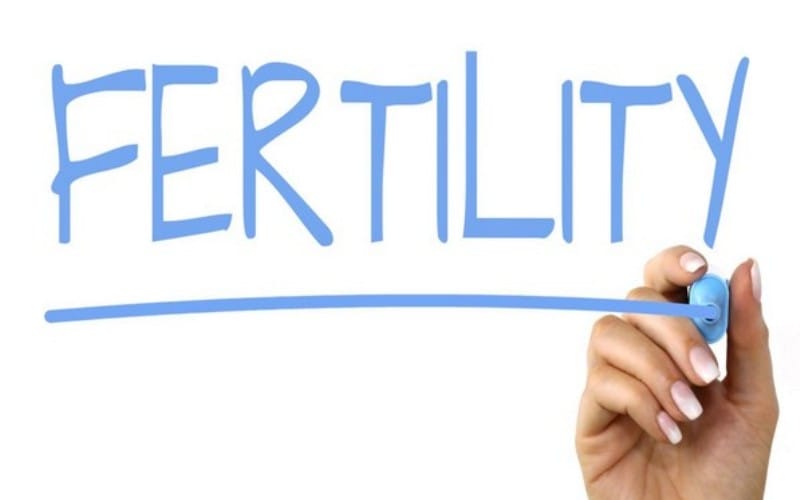Washington: Here another good reason why you should be concerned about climate changes. According to a recent study, climate change could pose a threat to male fertility.
New findings published today in the journal Nature Communications reveal that heat waves damage sperm in insects, with negative impacts for fertility across generations.
The research suggests that male infertility during heat waves could help to explain why climate change is having such an impact on species populations, including climate-related extinctions in recent years.
Prof Matt Gage, one of the lead researchers said, “We know that biodiversity is suffering under climate change, but the specific causes and sensitivities are hard to pin down. We’ve shown in this work that sperm function is an especially sensitive trait when the environment heats up, and in a model system representing a huge amount of global biodiversity.”
“Since sperm function is essential for reproduction and population viability, these findings could provide one explanation for why biodiversity is suffering under climate change. A warmer atmosphere will be more volatile and hazardous, with extreme events like heat waves becoming increasingly frequent, intense and widespread,” Gage explained.
Findings published today in the journal Nature Communications also reveal heat waves are particularly damaging extreme weather events. Local extinctions are known to occur when temperature changes become too intense. We wanted to know why this happens. And one answer could be related to sperm.”
The research team investigated the red flour beetle to explore the effects of simulated heat waves on male reproduction.
The beetles were exposed to either standard control conditions or five-day heat wave temperatures, which were 5°C to 7°C above their thermal optimum.
Afterward, a variety of experiments assessed the potential damage to reproductive success, sperm function, and offspring quality.
The team found that heat waves halved the number of offspring males could produce, and a second heat wave almost sterilised males.
Females, by contrast, were unaffected by heatwave conditions. However, female reproduction was affected indirectly because experiments showed that heat waves damaged inseminated sperm within female reproductive tracts.
Following experimental heat waves, males reduced sperm production by three-quarters, and any sperm produced then struggled to migrate into the female tract and were more likely to die before fertilisation.
The group also explored the underlying causes of male vulnerability. Heat waves caused some impact on male sexual behaviour – with males mating half as frequently as controls.
The research also shows that offspring sired by heat waved dads – or their sperm – live shorter lives – by a couple of months.
And the reproductive performance of sons produced by dads – or sperm – exposed to heat wave conditions was also impacted. Sons were found to be less able to fertilise a series of potential mates and produced less offspring.
[source_without_link]ANI[/source_without_link]

